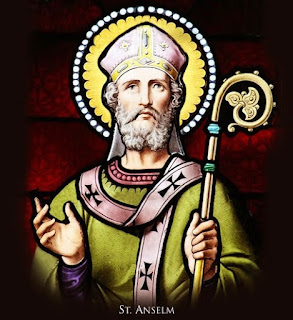Michel Quoist was born in Le Havre, France, to a working-class Catholic family who were involved with the Jeunesse Ouvrière Chrétienne (Young Christian Workers). He began to work after his father's death, at age 14. Quoist sought the meaning of life and entered the seminary at St Jean in 1938. He moved to the seminary at Rouen in 1942, and later was ordained as a priest at Saint-Ouen Abbey in July 1947. His work as both a youth chaplain and a writer was focused on young people.
After Advanced Studies at the Institute of Social and Political Sciences as a researcher and practitioner, he developed a method of inquiry which would later be known as urban classic. He wrote a thesis on sociology of the old Rouen City. Afterwards he returned to Le Havre as a vicar, later becoming a parish priest from 1949 to 1953.
As a post-war chaplain of Catholic Action he published in conjunction with major religious initiatives the 1954 text Prayers of Life, which he wrote as a priest at age 33. This brought him huge success; 2,500,000 copies have been sold throughout the world, and at the time he often appeared on French television and radio. He was diagnosed with pancreatic cancer in December 1996, but decided to forgo chemotherapy fearing it would make him too weak to work. Instead he devoted the rest of time completing his last book, which he did before his death in Le Havre on December 18, 1997.
His prayers are far from orthodox, but some how he seems to catch in his contemporary words the needs and feelings of many a seeking disciple in line with the teaching of Paul in Galatians 6:2 “Carry each other’s burdens, and in this way you will fulfil the law of Christ.. Here are just two such prayers.”
I have just hung up; why did he telephone?
I don’t: know . . . Oh! I get It . . .
I talked a lot and listened very little.
Forgive me, Lord, it was a monologue and not a dialogue
I explained my idea and did not get his;
Since I didn’t listen, I learned nothing,
Since I didn’t listen, I didn’t help,
Since I didn’t listen, we didn’t communicate.
Forgive me, Lord, for we were connected,
and now we are cut off.
Elsewhere Michel Quoist prays…
Here, Lord, before you tonight are the bodies of sleeping men:
The pure body of the tiny child,
The soiled body of the prostitute,
The vigorous body of the athlete,
The exhausted body of the factory worker,
The soft body of the playboy,
The surfeited body of the rich man,
The starved body of the poor man,
The paralysed body of the cripple,
All bodies, Lord, of all ages.
I offer them all to you, Lord, and ask you to bless them,
While they lie in silence, wrapped in your night . . .
May these bodies be developed, purified, transfigured,
By those who dwell in them. Amen







